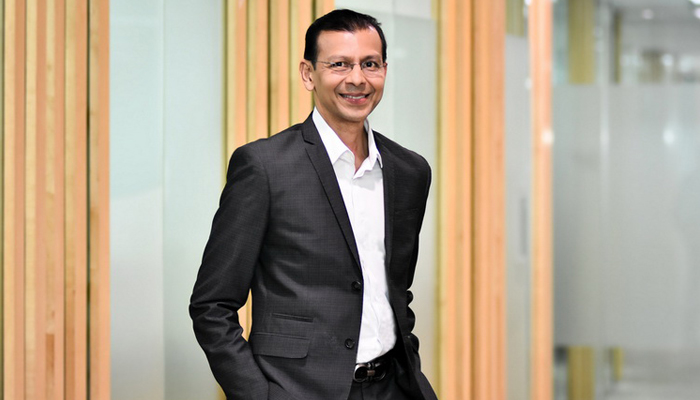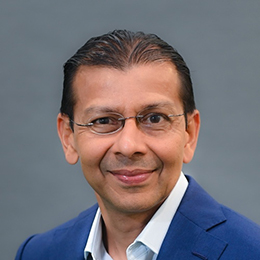
In my 20 years of experience as a HR professional, I am often told that “anyone can do HR as it is common sense”. Coupled with this unflattering view is the organizational context where HR is often relegated as the jack-of-all-things in the company – juggling everything that does not sit squarely elsewhere ranging from office parties, carpark allocations, CSR events, company dos and don’ts etc.
Moreover, we live at a time in human history when mavericks seem to hold sway in public opinion more than learned experts. Cue the climate change deniers and vaccination discreditors. Therefore, should we really care whether there is a case to be made for “experts” in HR?
An “expert” is someone who is recognized as exceptional in their mastery of skills, often from years of training and practice. There are usually many hoops to jump through – studies, exams, demonstrated years of experience, and ultimately the scrutiny of one’s peers. At times, there is also a legislated requirement in the public interest. In this vein, it is relatively easy to picture experts as the likes of doctors, lawyers, architects and civil engineers, to name a few.
The reality is that recognition and progress in these professions did not come from outsiders. Rather, they come from tasks performed repetitively, modified to the context, which achieved incrementally better outcomes until being recognized as a Body of Knowledge. Using this yardstick, HR cannot be any different.
HR practitioners make better decisions in a “technical” domain e.g. planning manpower needs aligned to business, identifying and selecting talent, measuring and rewarding performance, engaging all levels of employees to engender a sense of belonging, and finally giving people a sense of dignity and respect when they depart from the organisations. They also, by their unique positioning in an organization, are often the honest broker for conflict resolution, the advocate for universal values of fairness, non-discrimination and impartiality, the gate-keeper for principles of natural justice, and the “conscience” of the organization.
Through their mastery of core competencies coupled with the right mindsets and behaviours, HR professionals offer the organisation leadership objective advice, act for the greater good, and provide real value to organizations by anticipating flaws and cracks before they appear. Seen in this light, the need for HR expertise has never been more urgent and the reliance on it indispensable.
Of course, HR like any profession, can also be stuck in a rut and trail behind technological advances. The solution is to systematically infuse professionals with future-ready skills. The next big thing in HR will most likely come from small incremental changes from within HR, responding to demands of the modern world and the changing nature of work, coupled with a new demographic.
As with all outcomes resulting from behaviour within a social context, your HR expert cannot always get it right. However, chances are they are likely to get it right more often than not. And that’s good enough for me.
The views, opinions and assumptions expressed in this article are that of the author, and do not necessarily reflect the official position or policy of any authority, agency, organisation or corporation.

Mayank Parekh
Mayank has over 20 years of experience in regional, global HR and general management roles prior to joining Institute for Human Resource Professionals (IHRP) as CEO in June 2017.


